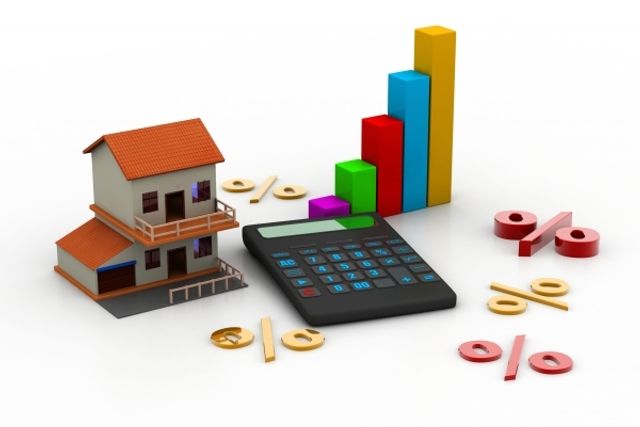Financial Consultant Advice On Cashing In An Investment To Buy A House
In a Moneyweb personal finance advice column, Schalk Louw from PSG Wealth answers a question from a reader who is weighing up his investment options.
Q: How much of your savings should you liquidate to use as a deposit when you decide to buy a house? Let’s say you are in your late-twenties and have about R500 000 invested in various domestic high-equity unit trusts, and are now interested in buying a house.
Investment books I have read show that historically, equities have outperformed property. I also know that to enjoy the full benefits of equities, you need to leave them alone and let compound interest work in your favour. But on the other hand, we all need a roof over our heads, and most people need to loan money from the bank in order to purchase a house. The more money you loan, the more interest you pay.
So you have a trade-off: do you sacrifice long-term gains in equities in order to put down a sizeable deposit on a house, but the benefit of this is that you pay less interest.
A: I would suggest that you start by looking at this matter in a slightly different way. Before you even consider whether you should cash in an investment, you need to think about what you can actually afford.
The question you rather need to ask, therefore, is what is the maximum home loan that you can take on. To calculate that, work on a maximum monthly repayment being 30% of your gross salary.
If, for example, your salary before any deductions is R30 000 a month, 30% of that would be R9 000. At the current prime rate of 9.5%, you could afford a house to the value of R1 million.
I would argue that this is the more important consideration, because you should never place yourself in a situation where your financial obligations outweigh your income. You are correct in saying that historically equities have outperformed residential properties in South Africa. This is exactly why I wouldn’t recommend withdrawing your entire investment to serve as a deposit on a home loan.
According to ABSA, the growth in value of an average 80m²-140m² house in South Africa would have amounted to 9.5% per annum over the last 20 years. An investment in the average fund in the South Africa multi-asset, high-equity category would have yielded 14.1% per annum for the same period.
It’s clear from that which has been the better investment. And while one shouldn’t take historical performance as an indicator of future returns, there is enough data on house prices going back over a hundred years to show that, over time, property does little more than keep up with inflation.
That doesn’t, however, take into account the cost of debt, which you are not wrong to consider. Paying back a loan quicker and saving on the interest is one of the surest investments you can make.
There are, however, two things to consider on this point.
The first is that there are other ways to minimise the interest that you pay. Increasing your repayments every year in line with whatever your salary increase is and putting half of any bonuses or unexpected windfalls you receive into your bond can make a big difference over the long run.
Secondly, you need to be clear on what your investment goal was with the money you have saved. If that R500 000 was specifically invested for your retirement, then you shouldn’t touch it for any other reason. It’s important not to compromise your financial plan.
If you were saving that money in order to use it as a deposit on a house however, then that’s a different story. If that was the specific investment objective and you have other retirement savings, then use it by all means.
Source - Money Web Schalk Louw/ PSG Wealth Cape Town

